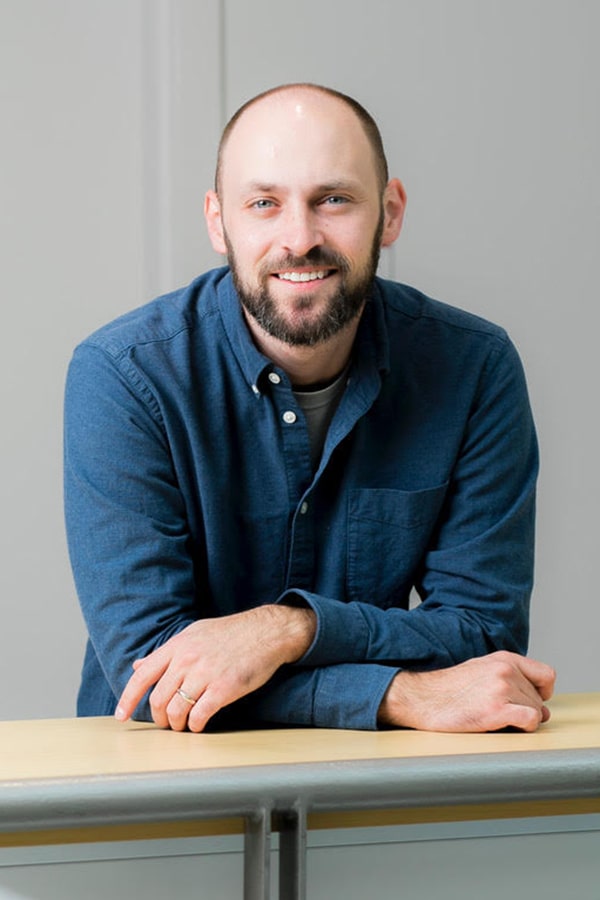Faculty Spotlight: John Conlon
John Conlon, assistant professor in the Department of Social and Decision Sciences, is a behavioral economist. He uses experiments to explore how people form and act on their expectations. He focuses on the role of attention and memory in belief formation and decision-making. His work has applications to labor markets and education choices.
Tell me about your scholarly work.
Economists are used to thinking of people as hyper-rational. Obviously, this is just a simplifying assumption, and as a behavioral economist my work involves thinking about how systematic mistakes or biases can lead people astray. So a lot of my work takes insights from adjacent fields like psychology and asks what lessons we can learn by applying them to economics.
How is your scholarly work adding to the greater field?
Economics is undergoing an increased interest in and focus on cognitive factors — like attention, memory and computation — and their role in shaping decisions. Some of my work tries to flesh out the basics: what comes to mind when people are forming expectations? What do we pay attention to, and how can failures to attend to everything lead to mistakes? Other work of mine tries to apply these ideas to concrete economic problems. For example, when choosing what field to major in, which jobs are top-of-mind for students? How can failures to consider alternative career paths lead them to choose fields that might not be the best fit for them? Economics is broadly moving in the direction of asking questions like this, and I view my work as fitting into this broader turn toward thinking harder about psychological mechanisms and their role in economic decision making.
How did you become interested in this topic?
Unlike some behavioral economists, I originally came at the field from the economics side. I was interested in bread-and-butter economic issues like incentives at work, returns to education and how people search for jobs. I only later got familiar with and excited about seriously studying the ways that traditional methods of tackling these issues, which largely abstract away from the cognitive frictions that characterize real people’s decisions, might be incomplete.
What are you most excited to accomplish as a faculty member at CMU?
CMU puts emphasis on interdisciplinary work and my department — the Department of Social and Decision Sciences — is a perfect example of this synergy. We have economists and psychologists who create opportunities to combine insights from related social sciences. CMU is a great place to do this type of work in a serious way. That is an advantage at CMU, which I think will push my work in a healthy direction.
What are your goals for the next generation of scholars?
I hope people continue down the path of taking psychological insights seriously, distilling and applying them to ask new economic questions and hopefully come up with new answers. As a field matures, disciplines can sometimes become more conservative as we get used to studying the same problems with the same methods. My hope is that students at CMU—somewhere that rewards interdisciplinary and unusual methods—will explore new hypotheses to make creative advances in the field. Sometimes such inquiries end up not being fruitful, but the process of asking news questions can often take us in unexpected and promising directions. I hope economists will continue to be increasingly open to new, unusual, and yes, weird ideas to decide what is fruitful and move the field forward.
The Faculty Spotlight series features new and junior faculty at the Dietrich College of Humanities and Social Sciences at Carnegie Mellon University. Stay tuned for our next installment to learn more about the dynamic and engaging research and scholarly work being conducted in the college.
